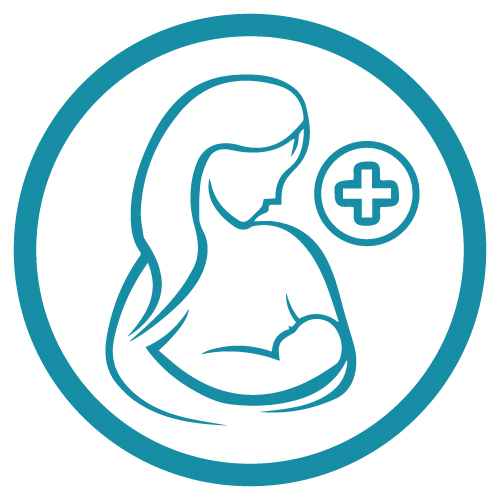 Lactation & Breastfeeding Online Course(s) & Continuing Education
Lactation & Breastfeeding Online Course(s) & Continuing Education
Access the latest clinical skills and research for Lactation & Breastfeeding for professional training. These Lactation & Breastfeeding online courses provide practice-changing skills and valuable perspectives from leading global experts. This Lactation & Breastfeeding education has been accredited for a variety of CEUs / CERPs and can be accessed on-demand, at your own pace.

A Dairy-free Mediterranean Diet and the Impact on Colic and Allergy in Infants Receiving Human Milk

Joanna Nawfal is a board-certified lactation consultant, a childbirth educator, a hypnobirthing instructor, and a certified baby massage instructor, with 15 years of experience in the field of maternal child health and a Masters of Science in Nursing.
Joanna is passionate about helping mothers and babies in their breastfeeding journey, and was inspired to start this path after having difficulties 10 years ago, breastfeeding her first child, Adam.
She loves teaching expecting parents about the beauty of birth, normal newborn behavior, and is exceptionally passionate about nutrition for mothers as she believes that we can always find cure in food.
Joanna enjoys doing home visits and clinic consultations for breastfeeding. She also offers birth preparation classes in her country, Lebanon, where she lives with her husband and two children. Her favorite activity is getting lost in Lebanon’s bountiful nature where the mountains and the sea are in close proximity. To Joanna, Lebanon, is the most beautiful country in the world.
Colic and allergy symptoms are problems commonly encountered in newborns exclusively receiving human milk, and are thought to be triggered by inflammatory responses in the gut. Maternal diet, especially cow’s milk intake, has been associated with infantile colic and allergies, but no previous studies have examined the effect of a Mediterranean diet. Thus, this new research aims to investigate whether maternal adherence to a dairy-free Mediterranean diet, known for its anti-inflammatory properties, reduces colic and allergy symptoms in infants exclusively fed human milk. This presentation will discuss the methodology of this recent study and present the results of the Mediterranean diet on allergy symptoms and average daily crying of infants.

View Details / Enroll
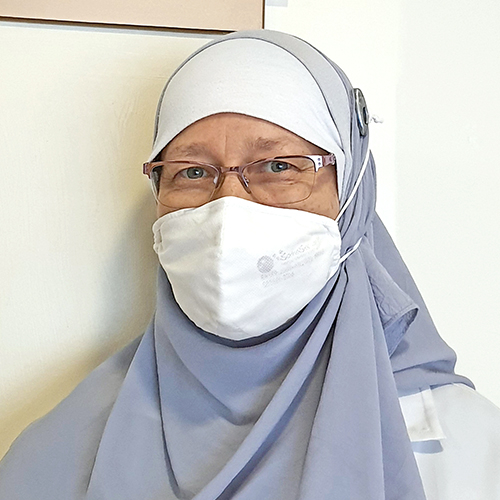

Evelyne Ruf is a family physician from France, and an International Board Lactation Consultant (since 1993). More than 25 years ago, she shifted to the United Arab Emirates (UAE), working for the Ministry of Health, in Sharjah MCH Center. She opened there the first Lactation Clinic in the UAE, with the support of volunteers from Breastfeeding Friends (BFF), which she had co-founded.
Five years ago, the Lactation Clinic has been shifted to the Family Health Promotion Center, where it continues to offer, to a very cosmopolitan population, skilled lactation support as well as assessment and release of tethered oral tissues.
A member of the National Breastfeeding Committee, Evelyne has been involved in the Baby-Friendly Hospital Initiative as a lecturer, trainer, adviser and assessor. Her workplace became the first Baby-Friendly Health Center in the UAE and received the IBCLC Care Award (community category) in 2015.
She has also been actively involved in the Sharjah Baby-Friendly Emirate Campaign, a multi-sectorial initiative launched in 2012, and presented its achievements during Gold Lactation 4 years ago.
With her husband of 34 years, she is the proud and grateful mother of 5 grown-up breastfed children and the grandmother of 4 breastfed little ones.
Topic: The Sharjah Baby-Friendly Campaign: A Community-Based Model for Breastfeeding Promotion, Protection and Support - [View Abstract]
“Hello, the Lactation clinic? Here is a nurse from Primary Health Care; we have a mother engorged in the hotel, can you help her?”…
After taking some time to understand this strange call, we embarked on a totally unexpected journey: trying to support 25 Covid-19 positive asymptomatic mothers, most of them isolated without their newborn. This happened between April and June 2020, in Sharjah, United Arab Emirates, as a consequence of the initial USCDC recommendations.
This presentation describes the intense practical, clinical and emotional support needed by these mothers to cope with their traumatizing situation, but also the silver lining of their resilience, the amazing power of peer support, and a new cooperation between health care providers from different facilities, and with lay supporters.
Further insight is provided by some research done in the UAE: an observational study from a hospital who has followed WHO recommendations, and a cross-sectional study among mothers from the community.
Lessons should be taken from the past, to prevent the repetition of decisions based on a distorted balance of benefit/risk, affecting so many families and their care providers globally.
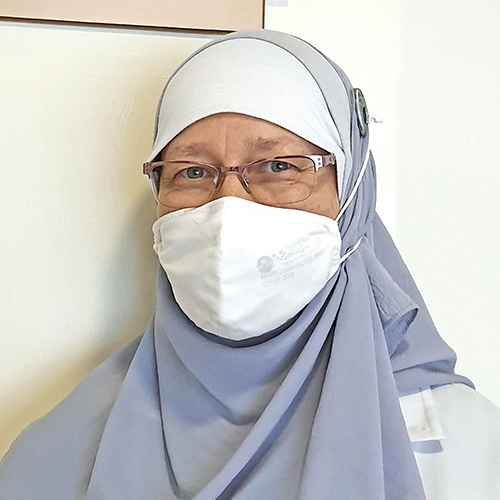
View Details / Enroll
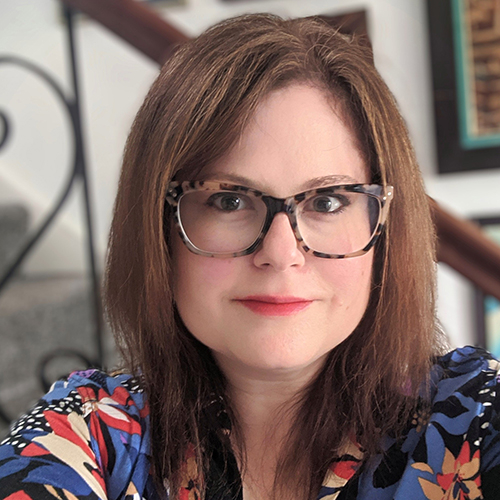

Tamara Drenttel Brand holds an MA in Near Eastern Studies from the University of Arizona and a Master’s in Public Health (MPH) from the American University of Beirut. She spent 10 years in the Middle East, where she worked as a public health practitioner, infant and maternal health consultant and an IBCLC. She has supported breastfeeding dyads from all over the world both in private practice and as a volunteer. In 2011, she founded and still actively facilitates “Mama 2 Mama Beirut Breastfeeding Support,” the largest breastfeeding peer support network in the Middle East (currently at 25k+ members). Additionally, she founded Galactablog, a professional group for lactation specialists and those aspiring-to-be (currently at 4.7k+ members) and has authored several articles for La Leche League’s monthly leader publications in both the Middle East and Ireland.
She is currently an international speaker on the topics dealing with breastfeeding in the Middle East, innovative lactation teaching strategies, working in resource-scarce settings, providing culturally sensitive lactation support, developing and implementing peer counselor training programs, mast cell disease and other related topics. Due to her own chronic health conditions, she has a special interest in educating others about mast cell disease and supporting those with chronic illnesses. She currently resides in a seaside village in Ireland with her family.
Topic: Contextualizing Breastfeeding in Lebanon - [View Abstract]
Topic: Lactation Education Outside the Box: Innovative Teaching Strategies to Engage Your Audience - [View Abstract]
Topic: Mast Cell Diseases and Lactation Care in the Post-Covid Era - [View Abstract]
Topic: Providing Culturally Sensitive Support for Breastfeeding Muslim Families - [View Abstract]
Topic: Reflections on a Breastfeeding Peer Counselor Program in Lebanon: Lessons Learned and Looking Forward - [View Abstract]
Mast Cell diseases are rare but still underdiagnosed. Even among specialists, there is a lack of consensus on terminology, diagnostic techniques and even diagnostic criteria. Clinically, mast cell diseases manifest in divergent ways. Triggers, symptoms, management and treatments differ widely from patient to patient. To date, there is no cure, just palliative management of this chronic, sometimes life-threatening condition. Because of this, there is a poor understanding of Mast Cell-related issues in the broader medical community, particularly in the realms of pregnancy, birth and lactation.
This webinar will provide participants with a general overview and understanding of the various types of Mast Cell Diseases including Mast Cell Activation Syndrome (MCAS), Mast Cell Activation Disease (MCAD) and Mastocytosis. Participants will learn how to put this knowledge into practice to provide their Mast Cell clients with specialized, empathetic, and supportive care. It will discuss how to provide patient-centered care, the importance of coordinated care and the crucial role lactation specialists play within their client’s multidisciplinary health care team. It will examine Mast Cell treatments that are compatible with lactation.
Additionally, light will shed on approaches lactation specialists can utilize to empower their clients with the tools needed to establish and maintain the breastfeeding relationship desired, including helping clients manage their parenting and breastfeeding expectations given the limitations imposed by their disease.
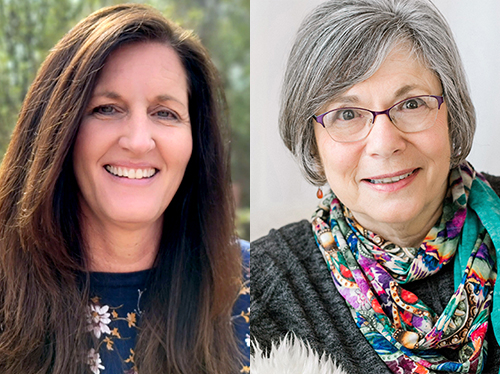

Andrea Herron, is one of the first and longest continuous certified pediatric nurse
practitioners in the United States. After more than 40 years working with breastfeeding
mothers and their babies and teaching parenting classes, she is among one of the
most experienced consultant in the field of lactation. Regardless of the issue or concern,
Andrea has guided thousands of mothers to meet their breastfeeding and early parenting
goals through support groups, lactation consultations, and childrearing education. After
receiving a Master's in pediatric nursing from UCLA, Andrea became an early pioneer in
the back-to-breastfeeding movement, and educated health professionals as an instructor
in the UCLA lactation educator course, all over the United States. Her private lactation practice,
Growing with Baby in San Luis Obispo, California, was used as the national model for
private practices by Women Infant and Children (WIC), the federally funded health and
nutrition program. One of her favorite and most popular topics she teaches through her
Growing with Baby parenting groups is, Understanding Your Infant’s Temperament.
This topic and many of the other topics she teaches are included in her newly released
book, Suckle, Sleep, Thrive: Breastfeeding Success Through Understanding Your Baby’s
Cues. Co-written with Lisa Rizzo.
Andrea has been married to Larry Herron, an orthopedic spine surgeon,
for over 35 years. They are the proud parents of a grown son,
two Labradors, and a cat. The couple reside in Shell Beach,
California.
Lori has worked with high-risk infants/children and their families for 30 years. She graduated from Colorado State University with a degree in Occupational Therapy. In 1996, she became certified in Pediatric Neuro-developmental Treatment. In 2004, she acquired an Advance Practice Certification in Feeding, Eating, and Swallowing.
After graduation, she worked at Simi Valley Hospital, Child Development Center. In this setting, Lori provided occupational therapy services to children age birth to 16 years old with a variety of diagnoses and needs. For the past 17 years she has been providing occupational therapy services to high-risk babies/children in their home and community as a consultant for Tri-counties Regional Center and through her private practice. Her focus has been on feeding difficulties and treating infant developmental delays. In addition, she sees patients privately and jointly with Andrea Herron RN, MN, CPNP, IBCLC, in the Growing With Baby Center. Recently, Lori has joined the NICU team at Sierra Vista Regional Medical Center as a feeding specialist.
Lori lives with her teenage son and husband in beautiful Morro Bay California.
Oral motor coordination and sensory development are two of the most meaningful and critical developmental milestones of the infant. Sucking dysfunction is complicated and may be one of the first signs of abnormal neuro-motor development or other health comorbidities. Too frequently, without a complete assessment, if there are any challenges while feeding at the breast/chest, simple fixes are recommended or bottle feeding is implemented. left untreated these challenges disrupt breastfeeding, leading to weaning. Events during fetal development and birth may be contributing factors to faulty or dysfunctional Infant feeding. It is important to be able to identify one or more of those factors and develop a feeding plan. This may include seeking the insight and intervention of another allied health professional trained in infant feeding.
Andrea Herron RN, MN, CPNP, IBCLC, and Lori Cromer OTR/L, SCFES, have developed a team approach to feeding problems and have worked together for over 15 years. Together they have assessed and treated patients often identifying infants needing ongoing oral motor and developmental interventions. Through power point lecture and case studies they will describe their team approach, emphasizing historical and physical findings that indicate the need for specialized assessment and treatment. Several cases studied will be presented including interviews with the mothers.
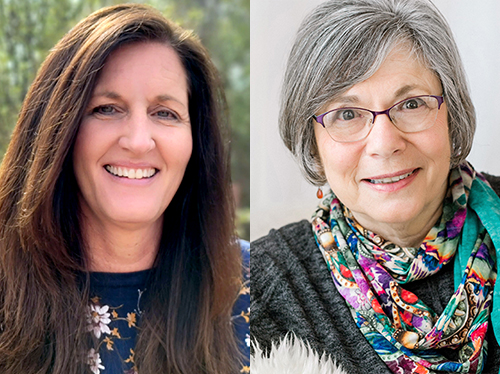
View Details / Enroll

Addressing Complex Sleep Problems While Optimizing Breastfeeding

Lyndsey is an experienced paediatric nurse, children’s public health nurse, International Board Certified Lactation Consultant, Holistic Sleep Coach, researcher and responsive parenting advocate. She has worked in hospitals, clinics, the community and within clients’ homes for 20 years, serving within the UK NHS, in private practice and voluntarily.
The co-founder and clinical director of the Holistic Sleep Coaching program, Lyndsey regularly teaches internationally, as well as providing mentorship for newer sleep coaches. She is passionate about responsive feeding, gentle parenting and promoting parental confidence and well-being.
With Professor Amy Brown, she is the co-founder of Thought Rebellion – an education and publishing company seeking to inspire, challenge and equip professionals and writers in the parenting, lactation and perinatal space with an evidence based revolution.
Lyndsey is currently a PhD researcher at Swansea University, exploring the needs and challenges of medically complex breastfed infants and children. In 2019 she set up the Breastfeeding the Brave project to raise awareness of the unique breastfeeding needs of chronically, critically, and terminally ill children in the paediatric setting. The mother of a childhood cancer survivor, she often talks about the impact of chronic serious illness on families, and seeks to support other families living through a serious childhood illness.
Lyndsey is a respected international speaker and teacher, and regularly speaks out against the dominant sleep training culture, as well as advocating for the rights of families to receive high-quality, compassionate and expert support. She is the author of Holistic Sleep Coaching (2018), Let’s talk about your new family’s sleep (2020), Still Awake (2021), Breastfeeding the Brave (2022) and co-author of The Writing Book (2022).
Topic: Breastfeeding Children with Cancer - [View Abstract]
Topic: More Support in a Coffee Shop Than in the Hospital: Experiences of Breastfeeding Children With Medical Complexity - [View Abstract]
Topic: Supporting Families With Sleep While Optimising Attachment and Responsive Feeding - [View Abstract]
Topic: You Can't Sleep With Your Foot On The Gas Pedal: How To Improve Sleep By Tapping Into Calm - [View Abstract]
Many health, lactation, and childcare professionals find themselves in a position where the families they work with require support with sleep. Without readily accessible, evidence-based, gentle and effective sleep support, some of these families turn to sleep training which often leaves breastfeeding abandoned in the quest for more sleep.
Understanding key sleep biology principles, and being able to apply these to both simple and complex sleep scenarios can empower parents with the tools they need to maintain breastfeeding while also getting more sleep. In this presentation, we will explore some key concepts, and apply them to some practical real-life examples of both adults and infant-related sleep problems.

View Details / Enroll
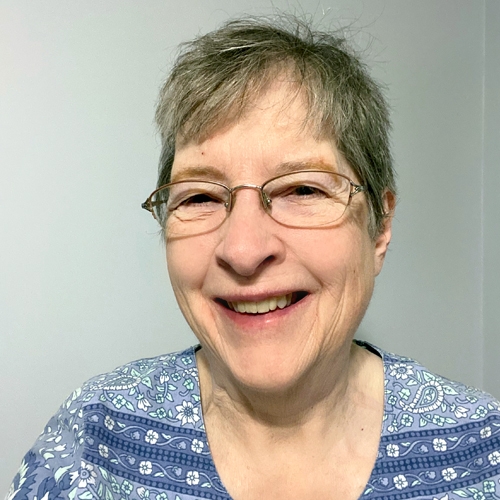

Kay Hoover became an International Board Certified Lactation Consultant in 1985. She sat for the very first exam and has taken the exam 4 times. She has worked as a private practice lactation consultant, a hospital lactation consultant at 5 different hospitals, the lactation consultant for the Philadelphia Department of Public Health, for The Center for Childhood Obesity Research at The Pennsylvania State University, and the Pennsylvania Department of Health. She currently is retired. She has presented workshops at national and international conferences and is a co-author of The Breastfeeding Atlas.
Topic: What the Books Don't Teach You: Tips and Tricks for the Lactation Professional - [View Abstract]
Topic: When There Is No Research to Back Practices: Being Life-Long Learners - [View Abstract]
Advanced Breastfeeding Case Reports will cover 4 unusual situations in a format that will allow you to use your skills to discover the ultimate outcome. One part of the excitement of our field is being detectives. These 4 cases will challenge your detective skills.
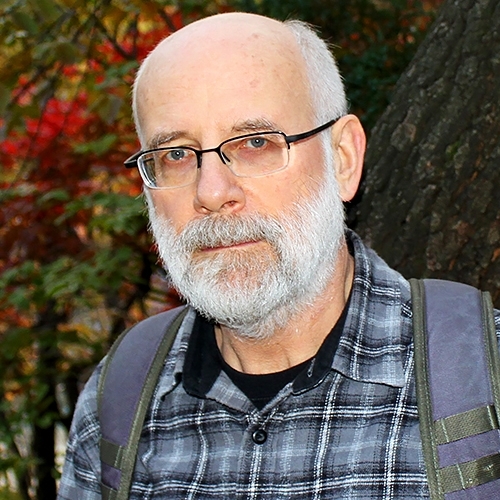

Ted Greiner received a PhD in nutrition for developing countries from Cornell University. For 19 years he worked as nutrition advisor for the Swedish International Development Cooperation Agency, based at Uppsala University where he was Associate Professor of International Child Health, helping to ensure their long-term support for IBFAN and WABA. Dr. Greiner was Professor of Nutrition at Hanyang University in South Korea for seven years. He has consulted for UNICEF, World Bank, FAO and others. He is now retired and edits the journal World Nutrition. He has lived in 8 countries and worked in 10 more. His areas of research expertise include infant feeding and programs to combat vitamin A, iron and iodine deficiency. In the 1970s, he did the first scientific work on the impact of baby food advertising on breastfeeding patterns. His PhD dissertation was on the planning and evaluation of a 1978-81 project to protect, support and promote breastfeeding in Yemen (terminology quickly adopted by UN agencies). Over the next decades, the duration of breastfeeding there doubled. During the planning the Innocenti meeting, he represented Sida, one of the 4 agencies involved. He was active in changing how WHO viewed HIV and infant feeding. He has over 100 breastfeeding-related publications.
Moderate alcohol use by breastfeeding women appears to be relatively common. Alcohol concentrates in breast milk at levels similar to maternal blood, peaking at 30-60. Most studies find no link with the duration of breastfeeding. However, seven studies have found a link with a shorter duration of exclusive breastfeeding. Alcohol affects oxytocin release, leading to reductions in breast milk consumption in the following hours and reduces infant sleep, both temporary if the mother does not continue to drink. These effects on the infant and the breastfeeding process could be interpreted by mothers as signs of infant dissatisfaction with their breast milk, “insufficient milk,” or other causes for premature supplementation. Chronic alcohol consumption may have a number of more serious effects, including on infant development, but research is limited. Younger infants tolerate alcohol worse, so abstention or avoidance of infant exposure for the first months of breastfeeding may be wise. Messages to mothers on this issue are conflicting, confusing and often outdated. Too little is done to teach mothers how to reduce infant exposure. Research is needed in different cultures into whether various forms of cautionary messages are likely to discourage breastfeeding.

View Details / Enroll
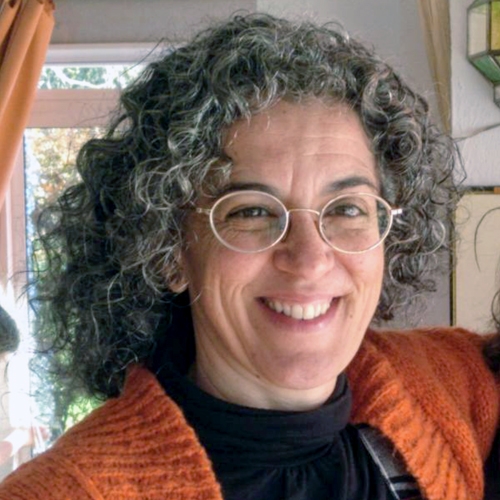
An Ecosystemic Approach to the Clinical Management of Breast and Nipple Pain

Carmela is a family medicine MD, bachelor´s degree in Public Health Education, and IBCLC since 2005. She is also a BFHI Evaluator and the co founder and past president of the Spanish Lactation Consultant Association (AECCLM). She works in a private Family Wellness Clinic, Raices, as person in charge of the lactation program, which includes two IBCLCs attending breastfeeding families and an extensive offer of breastfeeding training for health care professionals and breastfeeding peer counsellors. The team has trained over three thousand doctors, midwives and nurses from both the Spanish National Health Service and the private sector in Spain. She is a frequent lecturer at national conferences, and has also lectured internationally, both on-site and online. She is the author of several scientific papers on breast pain, mastitis and tongue tie. She is also the author of a breastfeeding/parenting book, “Amar con los Brazos Abiertos” (To Love with Open Arms). She is married to Carlos and they homeschool their four children.
Topic: Assessment and Management of Mastitis - [View Abstract]
Topic: Getting Milk Production off to a Good Start - [View Abstract]
Topic: Management of Chronic Breast Pain: Holistic Approach - [View Abstract]
Although pain is not a normal part of nursing, many mothers experience this difficulty at some point in their breastfeeding journey. It is one of the main reasons for breastfeeding consultations, and an important cause of early, undesired weaning, especially if the infant is not thriving. Assessment of pain during lactation differs significantly from other types because it is a system we must explore – not a single patient but the interaction between the mother and her infant (that is, the dyad). In this talk, an ecosystemic overview of the evaluation and management of breast and nipple pain is offered, based on current research and clinical practice. With appropriate support, the vast majority of dyads are able to breastfeed comfortably and effectively.
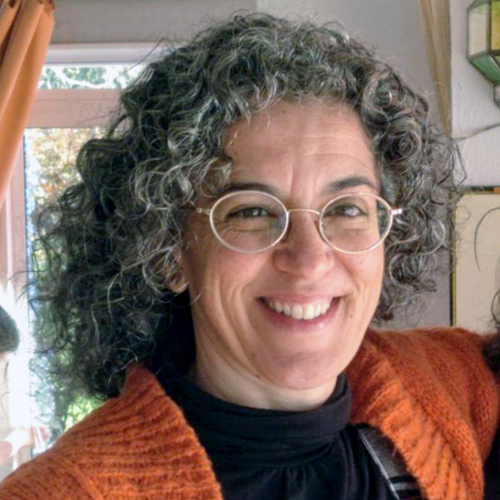
View Details / Enroll

An Evidence-Based Guide to Using Domperidone as a Galactagogue

Associate Professor Luke Grzeskowiak is a clinical pharmacist and Practitioner Fellow in the College of Medicine and Public Health at Flinders University and the South Australian Health and Medical Research Institute, Australia. He is passionate about improving health outcomes for mothers and babies through the development and promotion of more effective and safer approaches towards medicines use. Luke has been undertaken research involving the use of domperidone for 10-years. He is currently the lead investigator on a number of projects examining the use of domperidone to increase breast milk supply in clinical practice, predictors of treatment response to domperidone, and causes of low breast milk supply. He is also the lead investigator on a large clinical trial comparing the effects of different doses of domperidone in the treatment of lactation insufficiency. He has published widely on the topic of treatment for low breast milk supply, with many of these publications cited in clinical practice guidelines locally and internationally.
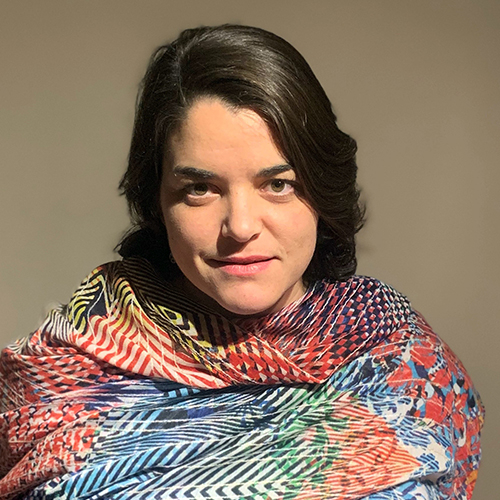
Antenatal Breastmilk Expression: Setting Families Up For Success

Mariana Colmenares Castano was born in Mexico City, and from an early age she was fascinated by animals and nature.She studied medicine at the National University of Mexico (UNAM), and foundher passion as a pediatrician doing her residency at the National Pediatric Institute. When her first child was born she witnessed the lack of knowledge and commitment to breastfeeding within the medical profession, and so she decided to specialize in breastfeeding medicine. She certified as a Lactation Consultant (IBCLC) in 2011.Mariana is a member of the International Lactation Consultant Association, the Academy of Breastfeeding Medicine, and a proud founding member of the National Lactation Consultant Association of Mexico (ACCLAM), where she served on the Board of Directors as Education Coordinator (2014-2019). She is part of board director for the Academy of Breastfeeding Medicine for a 3 year period (2019-2022) and recently named as secretary for the Academy of Breastfeeding Medicine. Mariana is a member of the team for Breastfeeding Country Index BFCI, a project from Yale University and Universidad Iberoamericana. She is consultant for the National Health Institute in Mexico and has collaborated with UNICEF in breastfeeding projects and part of the steering committee for the WHO. She has spoken at national and international conferences, co-published numerous articles and co-authored a chapter for the National Academy of Medicine. At the moment she is a Clinical Fellow in Community Paediatrics in London.
Topic: Breastfeeding The Baby With Congenital Heart Disease - [View Abstract]
Topic: Breastfeeding with Insufficient Glandular Tissue - [View Abstract]
Topic: Clinical Assessment and Management of Jaundice in the Newborn - [View Abstract]
Topic: Oral Colostrum Care as an Immunological Intervention in the NICU - [View Abstract]
Antenatal breastmilk expression may be suggested to mothers, including mothers with diabetes and obesity to improve breastfeeding and maternal and infant outcomes postpartum. It can be a tool for use in these special circumstances, collecting colostrum prenatally can permit supplementation of newborns at risk for hypoglycemia at birth, reducing the use of formula. It is important also to know that teaching mothers hand expression techniques prenatally improves breastfeeding rates. Other clinical cases that can benefit from this practice are women with insufficient glandular tissue, polycystic ovaries, and mothers who have breast surgery. Learn more about the current literature on antenatal milk extraction, the complexity of labour induction and whether there is any truth to the belief that it is not possible to stimulate the nipples during pregnancy because it could start labor, and how and when to implement antenatal milk extraction in practice.





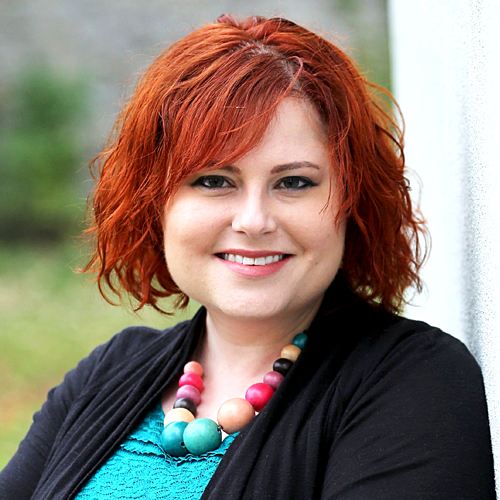


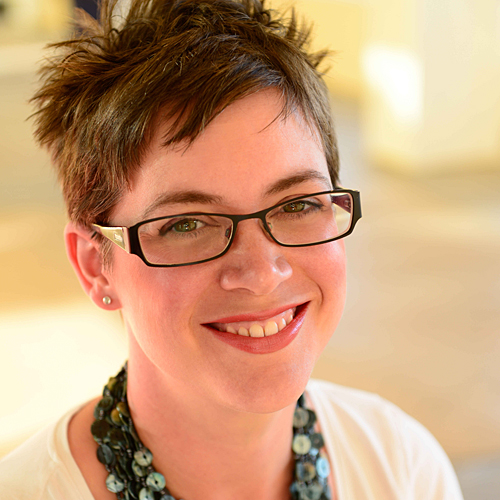
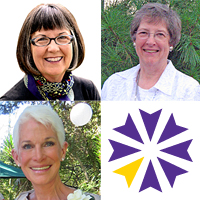

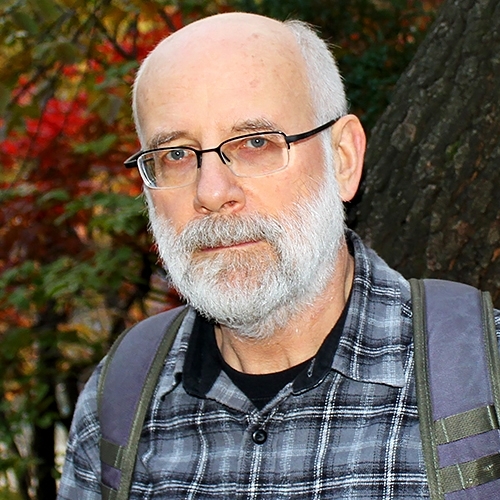






.jpg)
